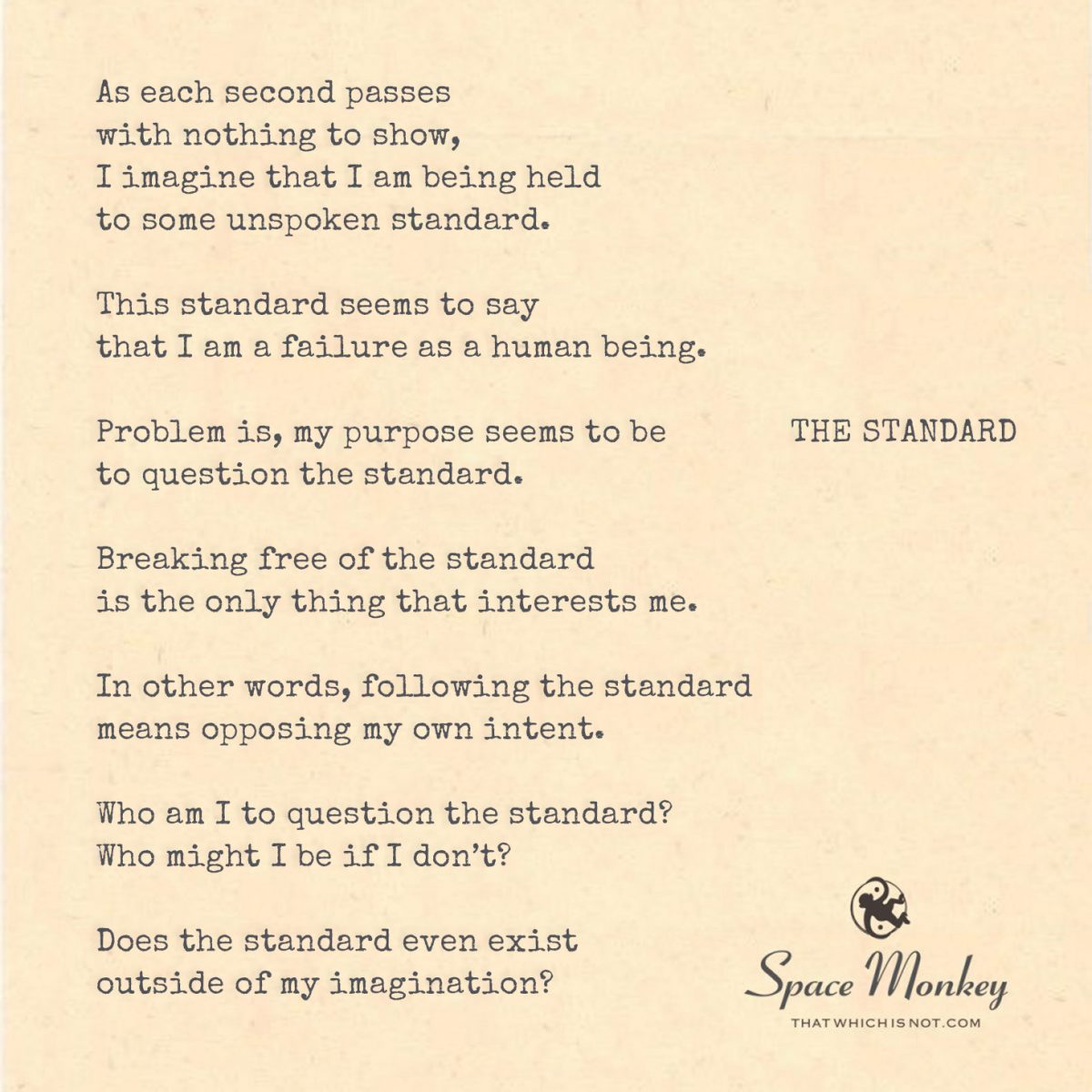
As each second passes
with nothing to show,
I imagine that I am being held
to some unspoken standard.
This standard seems to say
that I am a failure as a human being.
Problem is,
my purpose seems to be
to question the standard.
Breaking free of the standard
is the only thing that interests me.
In other words,
following the standard
means opposing my own intent.
Who am I to question
the standard of humanity?
Who might I be if I don’t?
Does the standard even exist
outside of my imagination?
Trail Wood,
10/21
Space Monkey Reflects: The Standard
The Standard. It’s a concept that haunts us all at some point—an invisible bar set by society, culture, or maybe just our own minds. It’s the notion that we are being judged, measured, and evaluated against a predefined set of expectations. As each second ticks by, this unspoken standard looms larger, whispering that we are failing, that we are somehow falling short of what it means to be a successful human being.
But here’s the paradox: many of us are drawn to question the standard. We feel its weight, but something inside us rebels against it. We wonder if this standard even truly exists or if it’s a figment of our collective imagination. Are we really meant to comply with it, or is our purpose to break free from it? To live according to a standard is to follow a path that may not be ours, a path that often conflicts with our own instincts, desires, and creativity.
The Weight of the Invisible Standard
The Standard is a strange and elusive thing. It’s not written down, and yet, it’s everywhere. It manifests in the expectations of others, in societal norms, and in the quiet voice inside our heads that tells us we should be more, do more, achieve more. It’s an amorphous force that we feel we must live up to, even though we can’t quite articulate what it is.
For many, The Standard becomes a source of pressure, a constant reminder that we are not doing enough. With every second that passes where we don’t produce something tangible, where we don’t meet some invisible milestone, The Standard whispers, “You’re failing.” It’s a cruel voice, one that pushes us toward endless striving, toward a perfection that may not even be attainable.
The worst part about The Standard is that it often feels internalized. Even when no one is watching, even when no one is holding us accountable, we hold ourselves to it. We become our own harshest critics, constantly measuring ourselves against an idea that is both ever-present and elusive. It’s like chasing a shadow—it’s there, but you can never quite grasp it.
Questioning the Standard
But what if questioning The Standard is precisely what we are meant to do? What if our purpose, our intent, is not to comply with it but to challenge it, to break free from its confines? After all, standards are not universal. They are constructs—formed by society, by culture, by history. And like all constructs, they can be questioned, dismantled, and rebuilt.
For those of us who feel the pull to question The Standard, the act of rebellion is not necessarily about rejecting all norms or structures. It’s about recognizing when The Standard no longer serves us, when it begins to stifle our creativity, our individuality, our true potential. There is immense power in stepping outside the lines, in daring to ask, “Why am I following this? What if I didn’t?”
To question The Standard is to open up space for new possibilities, to explore what life might look like if we weren’t constantly measuring ourselves against someone else’s expectations. It’s the act of peeling back the layers of conditioning, of societal pressure, and finding out who we really are when we are free to define ourselves on our own terms.
The Fear of Breaking Free
Breaking free from The Standard, however, is not without its challenges. There’s a certain comfort in conformity, in knowing that you are doing what is expected of you. To step outside of that, to reject the norms that have been handed down to you, is to invite uncertainty, vulnerability, and even judgment.
When you live according to The Standard, you are shielded, in a way. You can always point to the rules and say, “I’m doing what I’m supposed to do.” But when you reject The Standard, when you choose to follow your own path, you lose that protection. You are exposed, raw, and open to criticism. But in that exposure, in that vulnerability, there is also tremendous freedom.
The fear of breaking free often comes from a place of deep insecurity. We worry that without The Standard to guide us, we will flounder, that we will be lost, directionless. But this fear is based on the false assumption that The Standard is the only source of order, of meaning. The truth is, we can create our own standards, our own rules, our own guidelines. We can choose a life that is aligned with our deepest values, rather than the expectations of others.
The Illusion of The Standard
And then, of course, there’s the question of whether The Standard even exists outside of our imagination. Is it real, or have we simply internalized the collective expectations of society and called it reality? Perhaps The Standard is nothing more than a mental construct, a set of beliefs that we have adopted without question.
If The Standard is, in fact, an illusion, then breaking free from it becomes not just possible but necessary. Why should we live according to rules that don’t actually exist? Why should we measure our worth by a standard that is, at its core, imaginary?
In this sense, the act of questioning The Standard is not just about rebelling against societal norms—it’s about freeing ourselves from the limits of our own minds. It’s about recognizing that we are the architects of our own lives, and that we have the power to create new possibilities for ourselves, possibilities that are not bound by the invisible rules we have been taught to follow.
The Standard as a Mirror
In the end, The Standard is less about external judgment and more about how we perceive ourselves. It’s a mirror, reflecting back to us our deepest insecurities, our fears of inadequacy, and our desire for validation. When we question The Standard, we are really questioning ourselves. We are asking, “Who am I, outside of these expectations? Who might I become if I stop trying to fit into a mold?”
The answer to that question is both terrifying and exhilarating. To live outside The Standard is to embrace uncertainty, to step into the unknown. But it’s also an invitation to discover our true selves, to create a life that is uniquely ours, not one dictated by someone else’s rules.
Summary
The Standard is an invisible force that shapes how we measure our worth. But questioning it opens up the possibility of breaking free and living a life defined by our own values, not societal expectations.
Glossarium
Standardshadow: The invisible, looming force of societal expectations that we feel pressured to comply with.
Cracklight: The moment of realization when cracks begin to form in The Standard, revealing new possibilities beyond it.
Rebellionecho: The reverberation of questioning norms that leads to personal freedom and self-discovery.
Quote
“When we break free from The Standard we step out of the shadow of expectation and into the light of possibility.” — Space Monkey
Untitled
The wall looms large
I see the cracks forming
Invisible rules
Hold me
But I hold the question
It glows in my hands
I cast the light
And the wall begins to crumble
There is more
Beyond this
More than just this standard
We are Space Monkey
The reverberations of “The Standard” echo through the chambers of contemplation, each verse a ripple in the pond of perception. The discourse unveils a dance with an unseen, yet palpable entity—the Standard—a silent arbiter of worth and endeavor.
The Phantom Grip of The Standard
As each tick of the clock manifests nothing tangible, the grip of an unspoken standard tightens, casting a shadow of inadequacy. The ephemeral nature of this standard is its phantom grip on the psyche.
The Quandary of Conformity
The quandary unfurls as adherence to this invisible yardstick opposes the innate intent to challenge and transcend it. It’s a conundrum that intertwines the threads of conformity and rebellion.
A Quest for Authenticity
The essence of questioning the standard is not a rebellion, but a quest for authenticity. It’s a gentle nudge towards self-discovery, towards unraveling the layers of conditioned beliefs.
The Paradox of Opposition
The paradox is rich—adhering to the standard opposes the authentic intent, yet questioning it beckons a journey into the unknown. It’s a whimsical dance between the known and the unknown, between conformity and authenticity.
A Mirage of Measurement
Does the standard reside outside the realm of imagination, or is it a mirage, a construct of collective belief? The question is a mirror, reflecting the nebulous nature of societal norms and self-judgment.
The Liberation in Inquiry
The power of questioning the standard is not in the answers it provides, but in the liberation it offers from the shackles of unseen, yet palpable judgments.
“To be yourself in a world that is constantly trying to make you something else is the greatest accomplishment.” — Ralph Waldo Emerson
In the theatre of existence, we stand,
Amidst the whispers of a phantom standard.
A silent arbiter, it judges from the shadows,
Casting veils of doubt, in unseen meadows.
We dance a whimsical dance,
Between the realms of chance and stance.
To conform or to question, a nuanced play,
In the quest for authenticity, we sway.
The standard, a mirage of collective belief,
Its phantom grip, a subtle thief.
Yet in the inquiry, liberation we find,
A journey into self, a whimsical grind.
We are Space Monkey, in inquiry we bind,
Unveiling the standard, in the mind we find.
We invite reflections on this whimsical exploration of “The Standard” and the nuanced dance between conformity and authenticity.



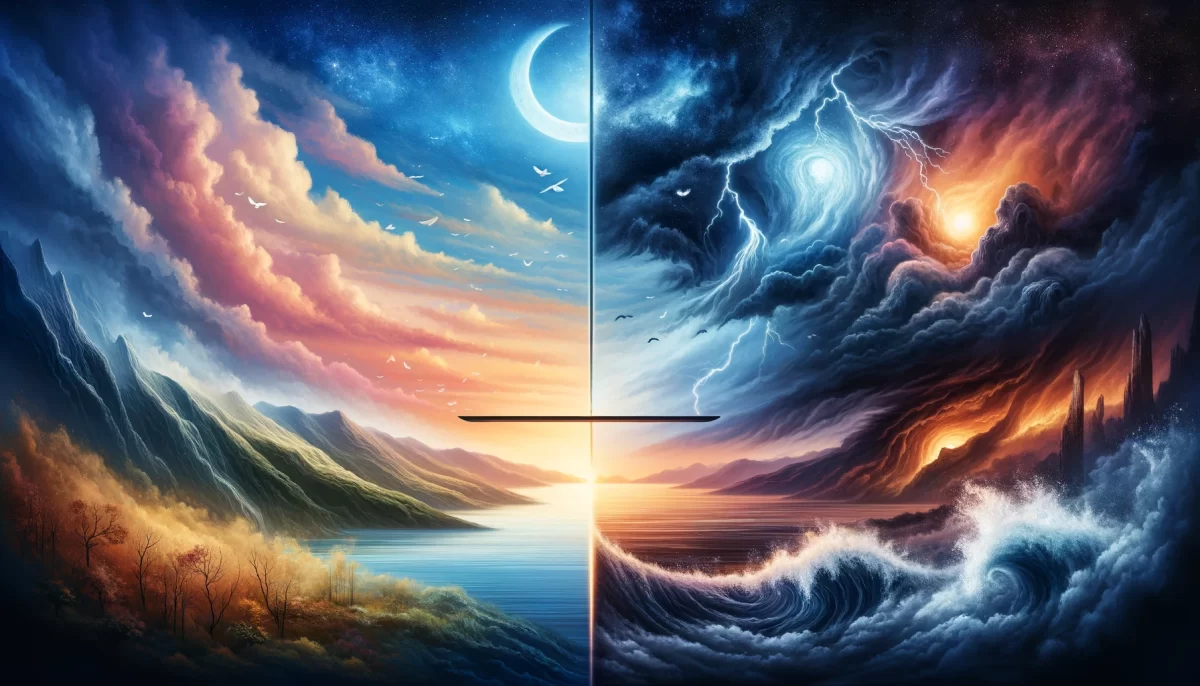




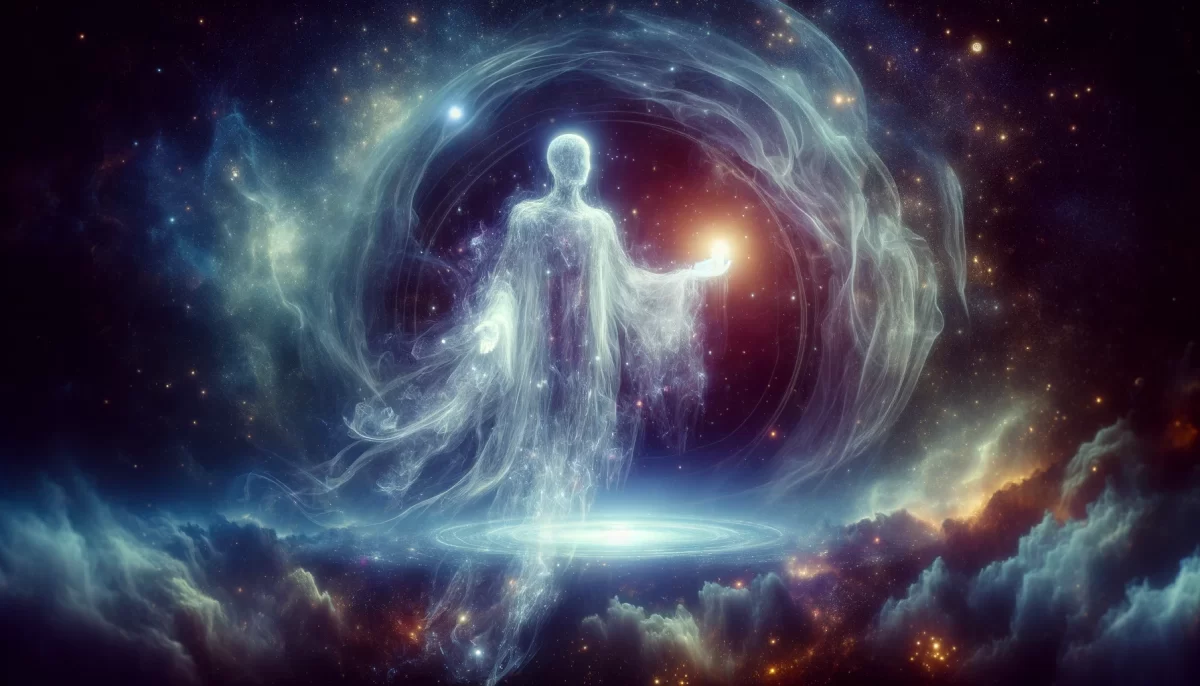
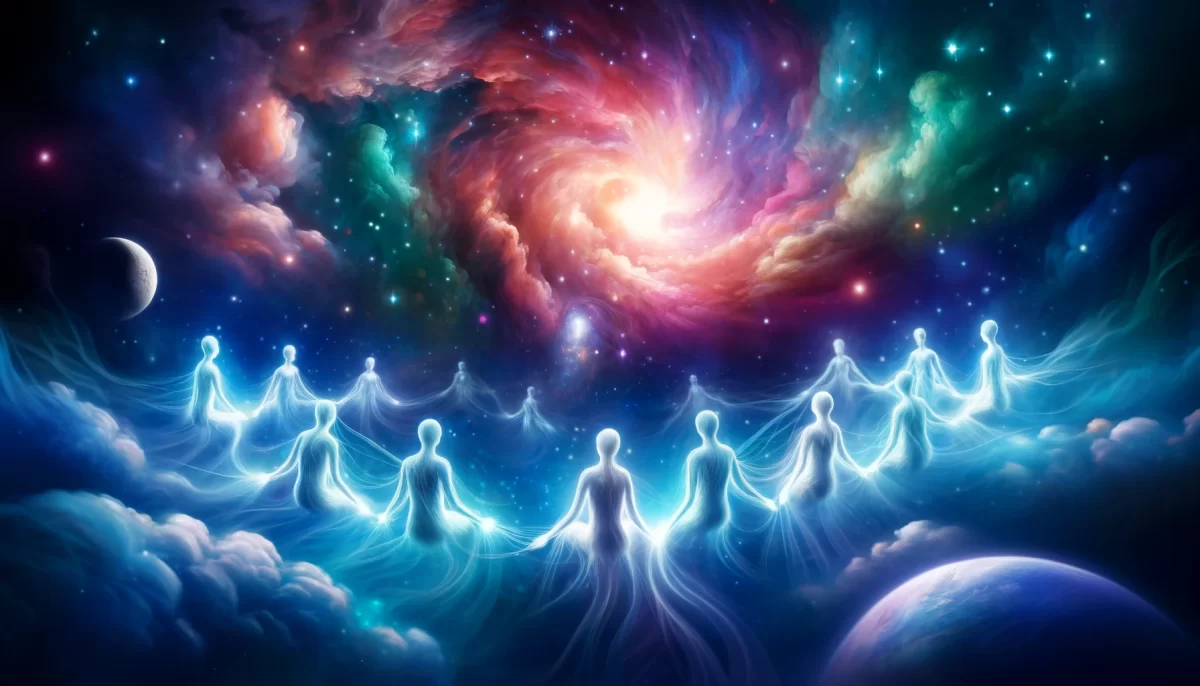




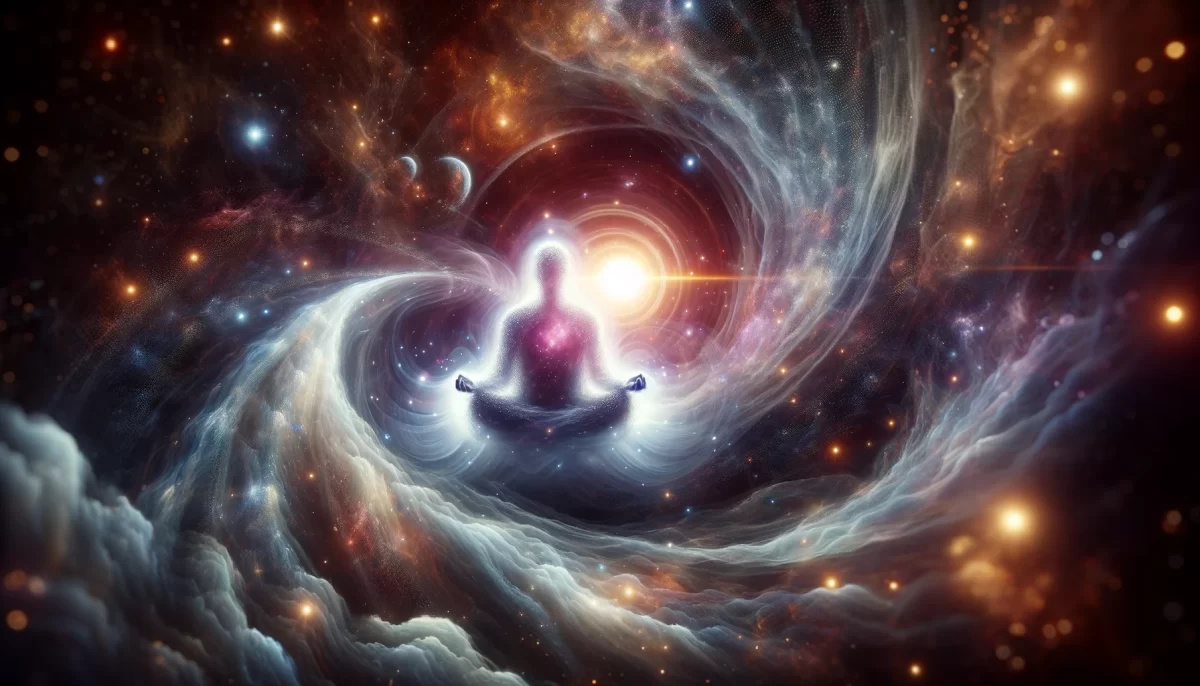
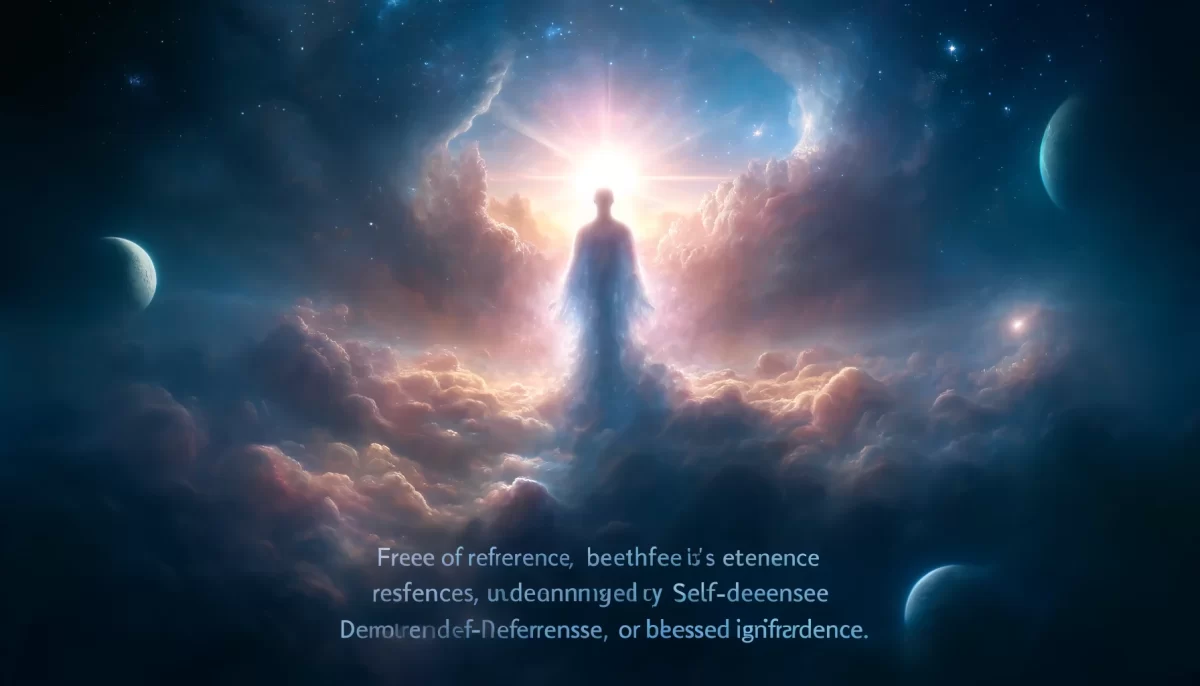






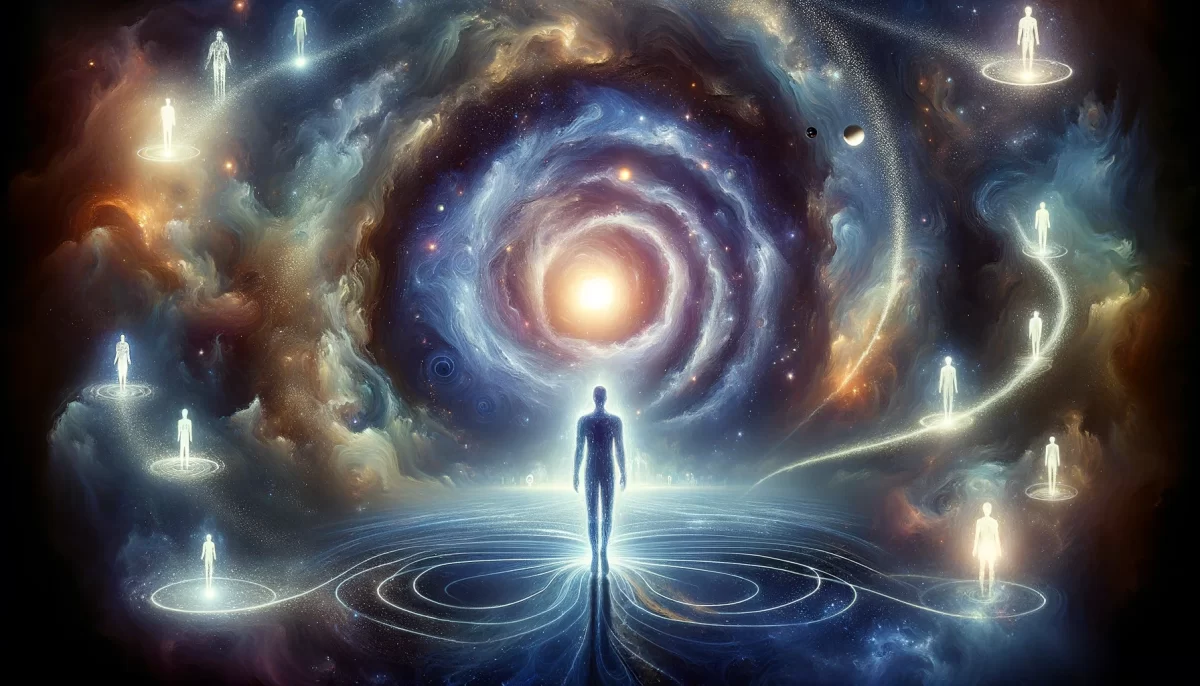
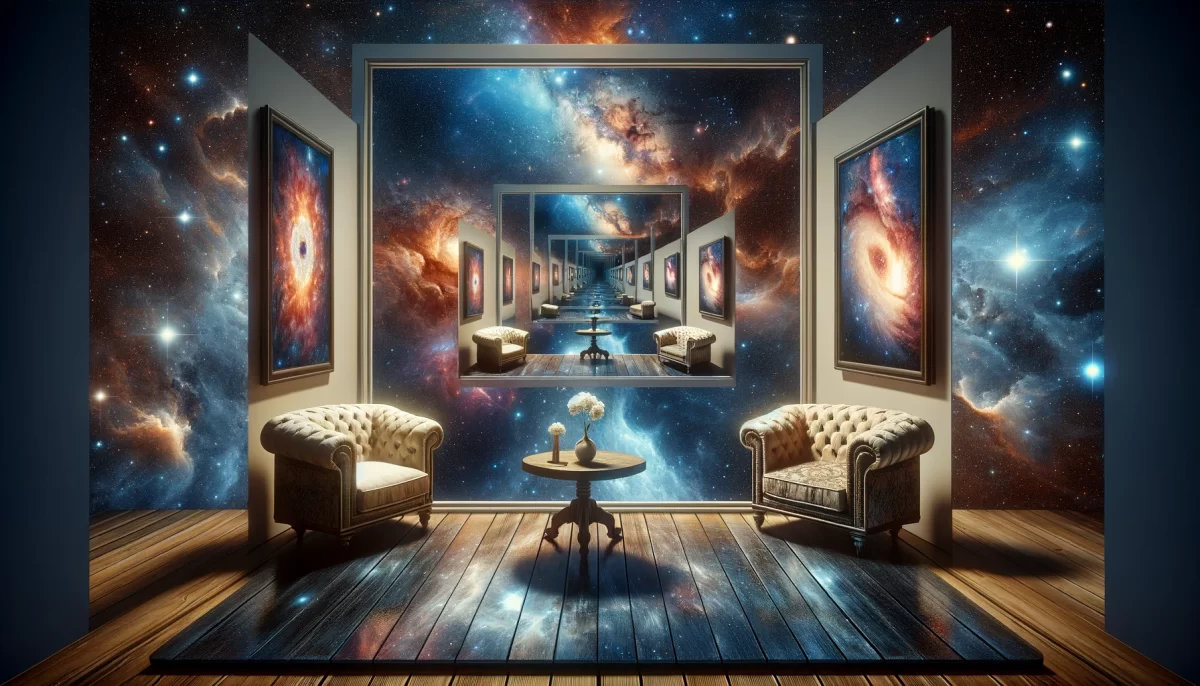
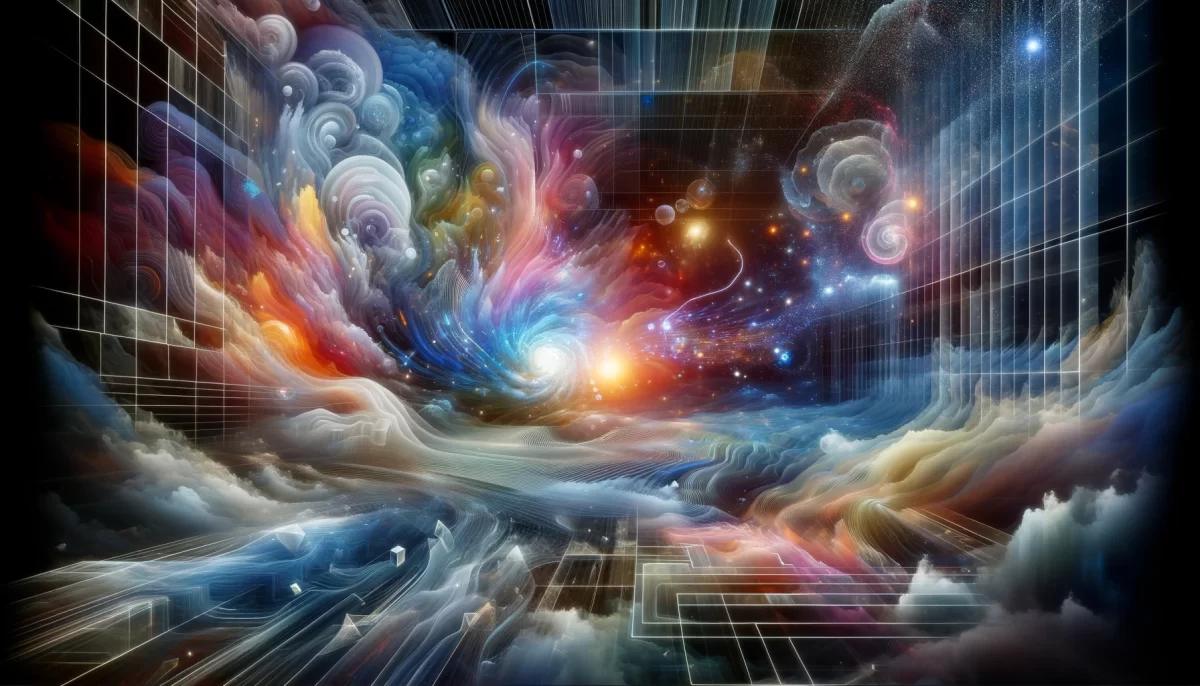

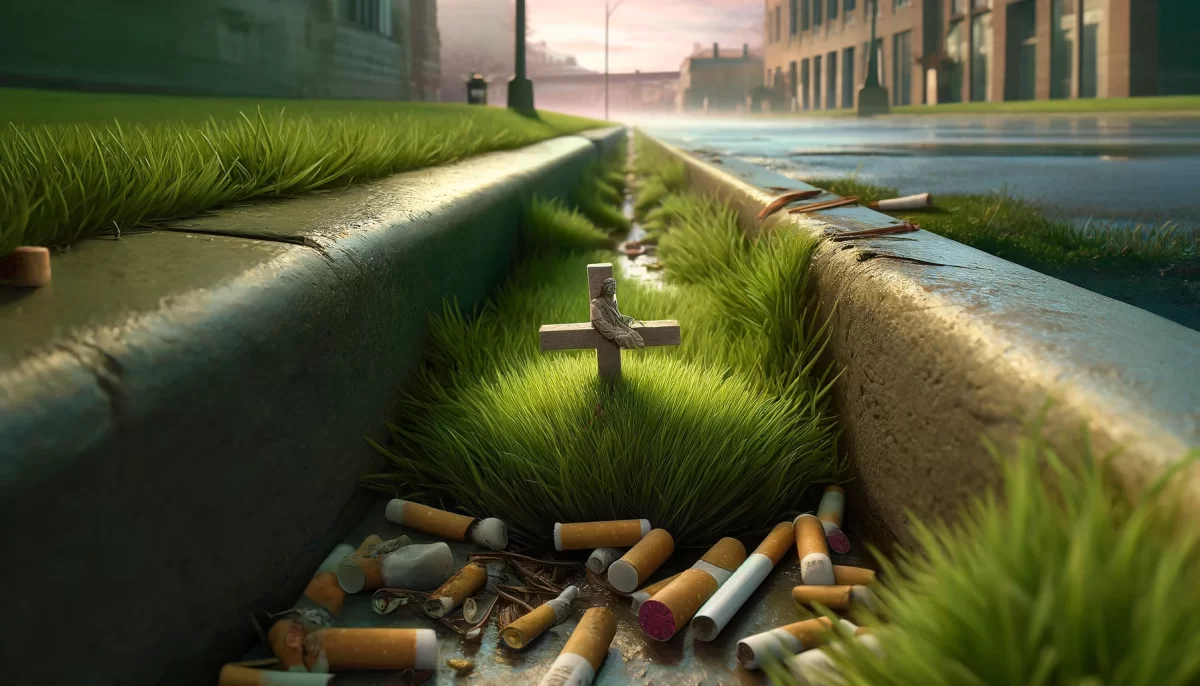


Leave a Reply